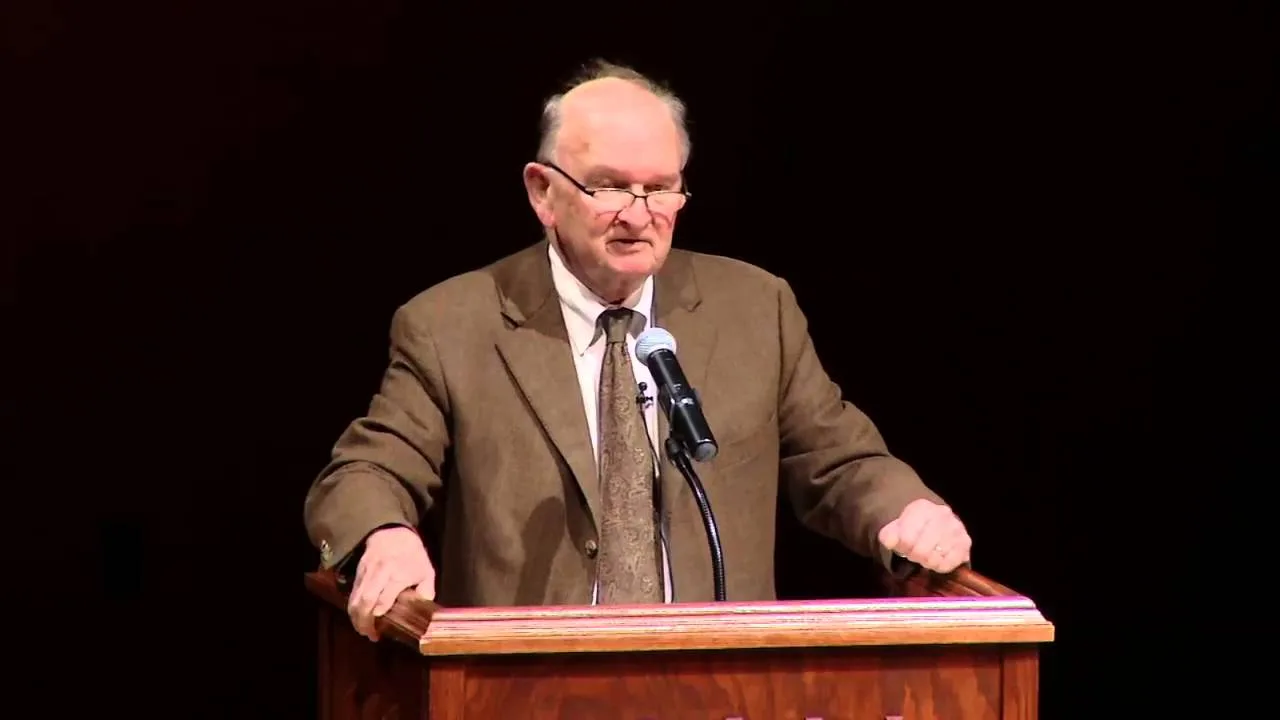
Elliott West
Elliott West is an acclaimed American historian and author born on April 19, 1945. His work primarily explores the history of the American West. Coming from a family with strong journalistic ties, with a father who was an editor and a brother who is a travel writer, West initially pursued journalism at the University of Texas at Austin. However, his academic path led him to earn master's and doctoral degrees in history from the University of Colorado. Throughout his illustrious career, West has taught at various universities before settling at the University of Arkansas in 1979, where he serves as an Alumni Distinguished Professor of History. His peers regard him highly, with historian Richard White calling him "the best historian of the American West writing today." West's notable works include "The Contested Plains: Indians, Goldseekers, and the Rush to Colorado," which won the Francis Parkman Prize and the Ray Allen Billington Prize in 1999, and "The Last Indian War: The Nez Perce Story." Recognized for his teaching excellence, West was a finalist for the Cherry Award for Great Teaching in 2009 and has won two Western Heritage Awards. He has also served as the president of the Western History Association and featured in Ken Burns' 2023 documentary "The American Buffalo"
Books Mentioned on The Joe Rogan Experience (JRE) #2058 - Elliott West
JRE 2058: The Last Indian War and the Nez Perce Struggle
Author Elliot West delves into the aftermath of Custer’s crushing defeat and how it spurred the military to subjugate Native American tribes, leading to their defeat. He speaks about the Nez Perce, an extraordinary people from the Pacific Northwest who had lived in peace with white settlers until they were forced into war in 1877. West outlines the Nez Perce’s peaceful history with Americans, their prosperous adaptation as cattlemen, and the forced migration into reservations, which culminated in war.
The Irony of Gold Value and Native Exploitation
The conversation then turns to the cultural significance of gold and its bizarre cross-cultural value, despite its practical uselessness. West discusses how Native Americans were exploited during the Gold Rush, as gold was found in lands where they lived and worked. The irony that such a soft, shiny element could cause such upheaval is not lost on Rogan and West, who reflect on how different cultures, including the Egyptians and Aztecs, have historically valued gold.
Reservations: Control and Transformation
Reservations were established with the motive to control and transform Native Americans. West explains that the goal was not merely to relocate them but to integrate and assimilate them into American culture by forcing farming, Christianity, and education. This cultural transformation was seen as necessary for their survival in the modern world, but it often led to further devastation of Native American ways of life.
Boarding Schools and the Creation of a Unified Native Identity
Boarding schools are scrutinized for their role in attempting to eradicate ‘Indianness’. West reveals the unintended consequence of these institutions: instead of destroying Native American identity, they fostered a new, unified identity among diverse tribes. Despite the schools’ efforts to suppress Native languages and customs, they became a melting pot where Native American children realized their shared experiences and struggles.
The Complexity of Native American Integration
The conversation concludes with a reflection on the historical conflicts and cultural misunderstandings between the U.S. government and Native Americans. They discuss the broken treaties, the forcible seizing of valuable resources from Native lands, and the complexities Natives faced in understanding the settlers’ obsession with gold. The government’s attempts at integration often led to confusion and resistance from Native tribes who could not fathom why gold was so valued by the settlers.




